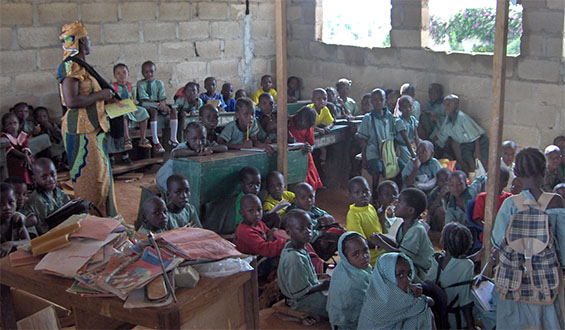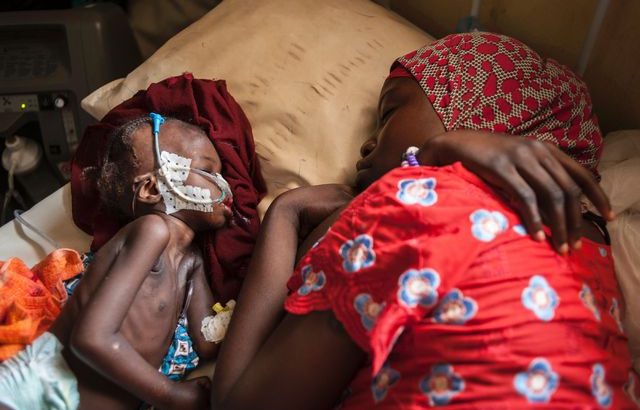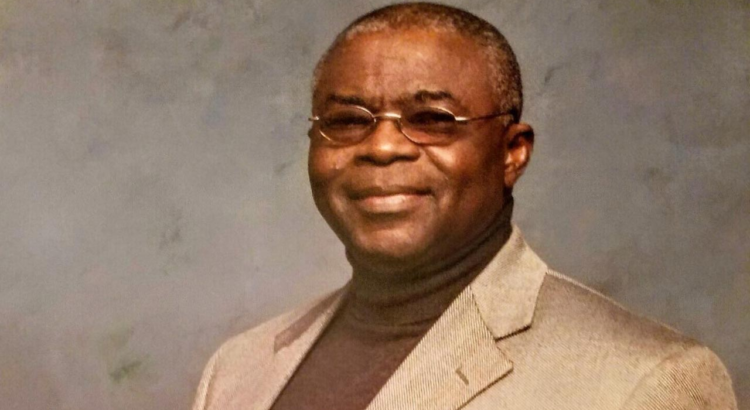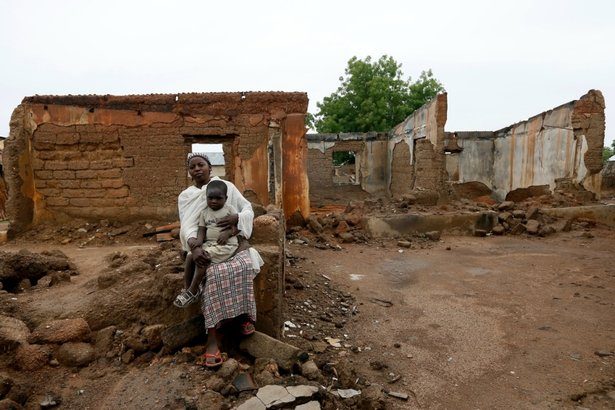África/Nigeria/Octubre de 2016/Fuente: The News
RESUMEN: La Coalición de la Sociedad Civil Acción sobre Educación para Todos (CSACEFA), ha hecho un llamamiento para la implementación de una política de educación gratuita y obligatoria de 12 años en Nigeria. Ms Chioma Osuji, Asesor de Políticas, CSACEFA hizo el llamado en una entrevista con la Agencia de Noticias de Nigeria (NAN) en Abuja el miércoles. Dijo que la política, de acuerdo con NAN, debe promocionar la educación de calidad y el desarrollo sostenible y ayudar a materializar los Objetivos de Desarrollo Sostenible (ODS). Osuji dijo que la política de 12 años era necesario ya que cubriría tanto básica y la educación secundaria superior. Osuji agregó que la implementación de la política conduciría a la retención de más niños en la escuela y que les permita completar la escuela secundaria. Según ella, la política reduciría el número de niños que abandonan la escuela debido a la pobreza.
The Civil Society Action Coalition on Education For All (CSACEFA), has called for the implementation of a 12-year compulsory free education policy in Nigeria.
Ms Chioma Osuji, Policy Advisor, CSACEFA made the call in an interview with the News Agency of Nigeria (NAN) in Abuja on Wednesday.
She said that the policy would, according to NAN, promote quality education and sustainable development and help actualise the Sustainable Development Goals (SDGs).
Osuji said that the 12-year policy was necessary as it would cover both basic and senior secondary education.
She said this should replace the nine-year policy currently implemented by the Universal Basic Education Commission [UBEC].
Osuji added that implementing the policy would lead to the retention of more children in school and allow them to complete secondary school.
According to her, the policy would reduce the number of children that drop out of school due to to poverty.
The policy advisor believed that the free education policy would lead to higher literacy level and bridge the education gap among poor children.
“The nine years free education policy is not enough to promote development in the country as the children of the poor mostly drop out of school after Junior Secondary School education.
“If Nigeria wants to compete globally in terms of education, then there is urgent need to increase the free education policy to 12 years.
“The poor are the most marginalised in our society and for growth to be sustained and poverty reduced, they should be encouraged to go to school,’’ she said.
She charged the UBEC to consider the policy, stating that it is achievable.
On the re-introduction of History as a subject in secondary schools, Osuji said it was a welcome idea.
She described the initial removal of the subject as “a disaster waiting to happen.”
Osuji added that if the children don’t study history, they would never tell the story of how “Nigeria came about, and our origin would be lost in the future as generations to come would be totally ignorant.”
NAN recalls that the Minister of Education, Malam Adamu Adamu at the 2016 National Council on Education meeting, announced the re-introduction of the subject in secondary schools.
Fuente: http://thenewsnigeria.com.ng/2016/10/ngo-calls-for-free-education-in-nigeria/














 Users Today : 198
Users Today : 198 Total Users : 35459793
Total Users : 35459793 Views Today : 359
Views Today : 359 Total views : 3418331
Total views : 3418331